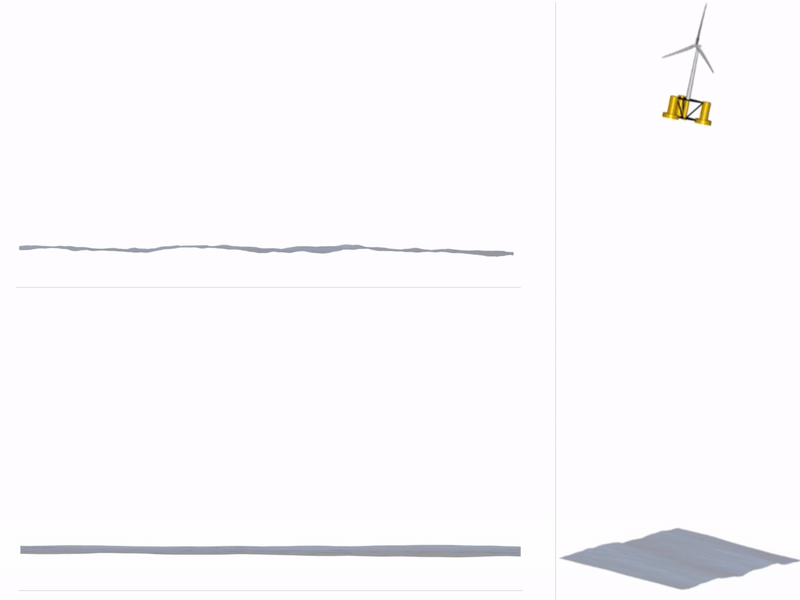Forum
Important Notice for New User Registrations
To combat an increasing number of spam and bot registrations, we now manually approve all new user registrations. While this may cause a delay until your account is approved, this step is essential to ensure the quality and security of this forum.
To help us verify your registration as legitimate, please use a clear name as user name or an official email address (such as a work, university, or similar address). If you’re concerned that we may not recognize your registration as non-spam, feel free to email us at with a request to approve your username.
Making Vawts
Quote from vawtEnthusiast on 8. November 2024, 01:07For a school project I need to make three types of VAWT turbines: S shaped savonis, h rotor, and helical. I cannot seem to figure out how to make them. It owuld be amazing if someone could make a video or smth or just help me out through this forum. Thanks!
For a school project I need to make three types of VAWT turbines: S shaped savonis, h rotor, and helical. I cannot seem to figure out how to make them. It owuld be amazing if someone could make a video or smth or just help me out through this forum. Thanks!
Quote from David on 8. November 2024, 11:41Hi,
to generate a VAWT rotor you need to switch into the “VAWT” mode of QBlade, see: https://docs.qblade.org/src/user/hawtvawtprop/hawtvawtprop.html
The process is then equivalent to the blade design process of the “HAWT” mode which is described in the documentation.
Savonius rotors cannot be modeled in QBlade due to their unique operating principles. These rotors are partially drag-driven, and their performance involves complex fluid dynamics characterized by flow separation. QBlade’s methodologies are not designed to solve such phenomena, making it unsuitable for modeling Savonius rotors.
BR,
David
Hi,
to generate a VAWT rotor you need to switch into the “VAWT” mode of QBlade, see: https://docs.qblade.org/src/user/hawtvawtprop/hawtvawtprop.html
The process is then equivalent to the blade design process of the “HAWT” mode which is described in the documentation.
Savonius rotors cannot be modeled in QBlade due to their unique operating principles. These rotors are partially drag-driven, and their performance involves complex fluid dynamics characterized by flow separation. QBlade’s methodologies are not designed to solve such phenomena, making it unsuitable for modeling Savonius rotors.
BR,
David


